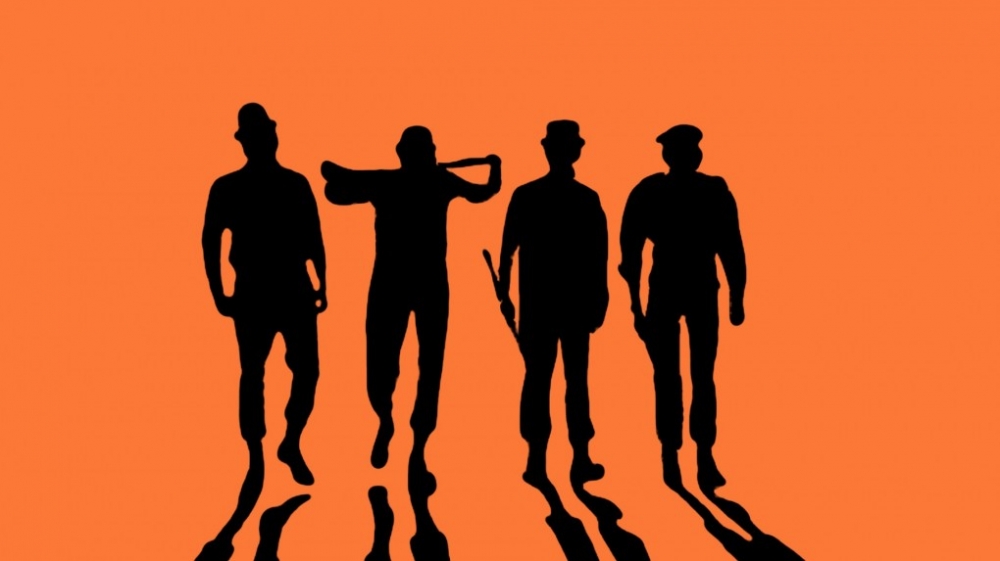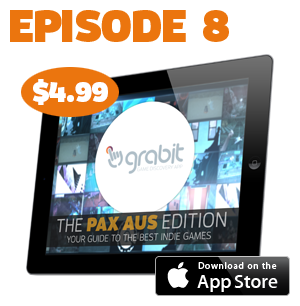How Gaming Can Connect Us to Literary Masterpieces

Have we lost touch with our cultural roots? In a society that lives life in the fast lane, we are becoming increasingly removed from those who have gone before us. Gaming is no exception, where the next fad is defined by the five minute consumerism of titles like Flappy Bird. Forgetting our past darkens our future.
But, all is not lost. In a small, yet significant, way games can bridge the divide between generations, allowing us to reconnect with our cultural forefathers. Today I want to focus in on one part of our culture that we desperately need to remember – the giants of the literary world.
So much of our culture – from the games we play, to the movies we watch, to the books we read – is built on the foundation laid down by literary geniuses like Shakespeare, Leo Tolstoy (War and Peace), Mary Shelley (Frankenstein) and Jules Verne (Around The World In 80 Days). Indeed, we but merely stand on the shoulders of these giants. But can you say you've heard of some of these authors, let alone read their life's defining work?
To show even but a mark of respect to these trailblazers and to understand the culture in which we live, we owe it to ourselves to find out more about these authors. If you've browsed through a book store lately (an increasingly rare occurrence), entire sections are dedicated to these literary classics. But even with the best intentions, we rarely have the time or patience to pick up these novels. They are often written in the language of a time gone by or set against backdrops with which we are unable to relate.
A guilty pleasure of mine is Stanley Kubrick's adaptation of A Clockwork Orange; an explicit examination of an English teen's violent exploits and the authority's attempts to reform him at any cost. Trying to put into practice what I preach, I picked up the classic novel upon which the movie is based, written by Anthony Burgess in 1962. My eyes glazed over even trying to wade through the first page. Part of the reason for this is that Burgess wrote his novel in a Russian-influenced language called “Nadsat,” making it an incredibly difficult read.
Left to my own devices, I would probably just give up at this point and declare it too much effort. I'm sure I wouldn’t be the only one and this is why the gap in our cultural knowledge is only widening. But this is where the beauty of games, and specifically gamebooks, stand tall. Gamebooks can be that vehicle that connects us to literary masterpieces and legendary authors like nothing else.
If you're unfamiliar with the humble gamebook, have a read of this article which gives an overview. But, in short, gamebooks are works of fiction that involve the reader by allowing them to make choices which effect the story progression. Digital gamebooks can provide an experience like no other, allowing players to immerse themselves in the world of the author. Not just from a passive, third-person perspective either. But in the very shoes of the protagonist, driving the narrative forward in meaningful ways. In fact, gamebooks may be the perfect way for modern readers to jump into literary works that might otherwise be impenetrable. I'm not necessarily suggesting that A Clockwork Orange should get the gamebook treatment (now that's a scary thought), but the potential to reconnect with our literary roots through gamebooks is limitless.
In fact, we don't really have to imagine too hard at all. A number of developers are already dipping their toes into this incredibly deep pool. Gamebook developer inkle has successfully tried its hand at adaptations of Mary Shelley's Frankenstein and Jules Verne's Around The World in 80 Days (read our review here.) The potential for other classic titles like these is dizzying.
But let me provide an alternate perspective. I recently posed this very question to Jon Ingold (creative director) at inkle (read the interview here.) He disagrees, suggesting that we should buck up and just go read these classic novels:
If you want to experience [literary classics] you should pick them up and read them. Some may take a little work to get into as language has changed over the years, but that's part of why you should read them. An old, great book is a way to immerse yourself somewhere in the past. We've used 80 Days as our inspiration less because we think people should go and read Verne and more because we read Verne and it inspired us
Whatever view you might be persuaded by, you can't lose. Go and pick up a classic novel and give it a read! But perhaps you've never thought of picking up a gamebook before, having consigned it to the realm of those who enjoy Dungeons and Dragons parties. Can I urge you to consider shifting your perspective - we published the top 10 gamebooks on iPad in Episode 6 of Grab It. Digital gamebooks are not only incredibly fun, they are a unique experience that can help us reconnect with our cultural roots.
Writer:
Stephen Mitchell
References
- 80 Days (inkle)
- A Clockwork Orange (Anthony Burgess)
- Around The World In 80 Days (Jules Verne)
- Frankenstein (inkle)
- Frankenstein (Mary Shelley)
- War and Peace (Leo Tolstoy)


